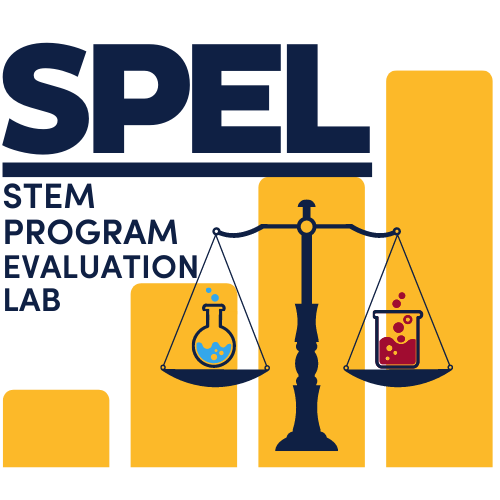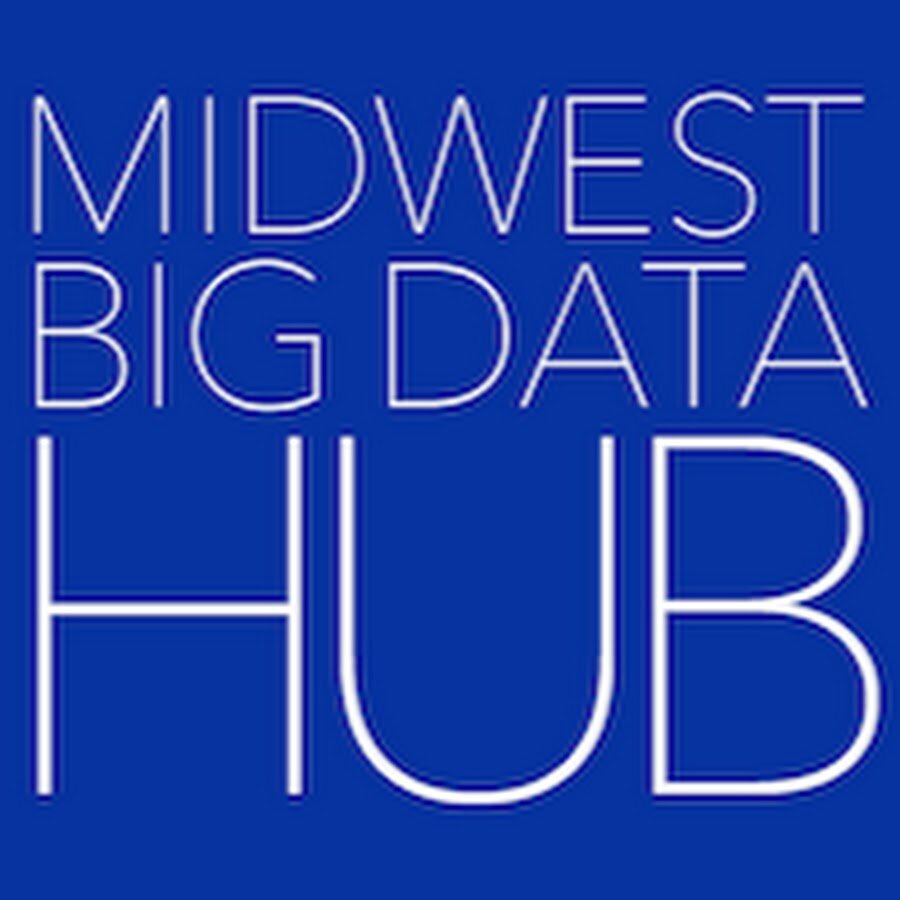
CURRENT PROJECTS
SPEL currently is involved in several projects related to STEM-based education.
EvaluATE aims to develop the evaluation capacity of nearly 300 Advanced Technological Education (ATE) projects and centers, which involve more than 400 principal investigators (PIs) and co-PIs, over 200 evaluators, and numerous staff, grant professionals, program officers, and others who develop, administer, assess, and oversee ATE-funded work.
GEMS is a Biology Integration Institute that focuses on the intersecting goals of changing how biology is done and who does it, by answering how bee-symbioses unifies biology from molecule to ecosystem.
The Interdisciplinary Biochemistry Master’s Program (IBMP) is a collaborative effort between the Departments of Molecular and Structural Biochemistry; Plant and Microbial Biology; Food, Bioprocessing and Nutrition Sciences; Animal Science; and the Prestage Department of Poultry Science.
The MBDH serves this purpose across the twelve states in the region, and focuses on five thematic areas that are priorities for research, development, and commerce in the Midwest region: water quality; agriculture; materials and manufacturing; health and biomedicine; and smart, connected, and resilient communities.
The safe and successful application of nanotechnology in the biological realm remains a challenge due to the inherent multi-scale nature of biology. Engineering nanoBIO devices requires the knowledge of how nanotechnology-based devices interact with biological systems at the protein, cell, tissue, and organ levels.
The mission of the NSF INCLUDES STEM PUSH (Pathways for Underrepresented Students to Higher Education) Network is to broaden the participation of underrepresented racial minorities (URM) in science, technology, engineering, and math (STEM) fields by leveraging the strengths of pre-college STEM programs (PCSP) and highlighting their importance in the college admissions process.
The educational and outreach objective for the NCN Hierarchical nanoMFG Node is to promote computation, simulation, and education services to the nanoscience and engineering communities that fully integrates simulation and modeling tool development in order to create and sustain a continuous, robust, and diverse pipeline in science, technology, engineering, and mathematics (STEM) education from pre-college to graduate studies to foster workforce development.
The STAMPS program aims to provide guidance and supportive elements to academically talented and financially needy students, including minority, women, and first-generation college students, so that they are able to complete degrees in their STEM disciplines and be motivated to continue within STEM-based fields.
Initially established in 2002 with the support of NSF funding and a charge to foster the sharing of research, resources, and data relevant to the continued development and application of nanotechnologies, nanoHUB provides simulations, a variety of virtual tools, and educational resources.
Spartan ADVANCE is a multi-year initiative that aims to increase equity, diversity, and inclusion (EDI) at UNCG. The main goals are to increase faculty diversity in STEM departments, faculty equity in sponsored research outputs, and a climate and culture of care that advocates for career-life balance and flexibility.











